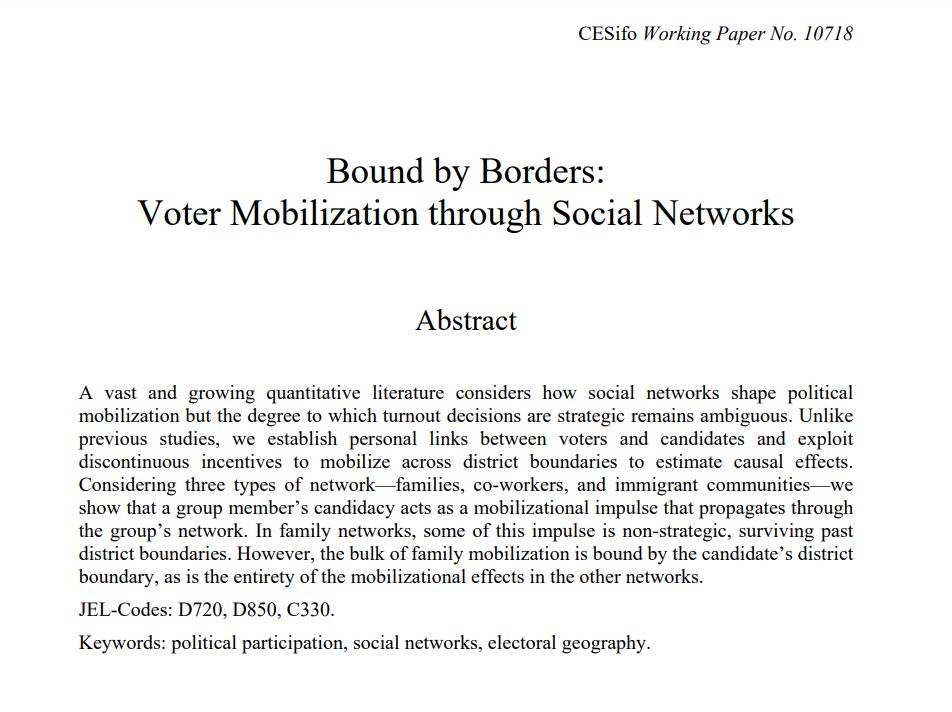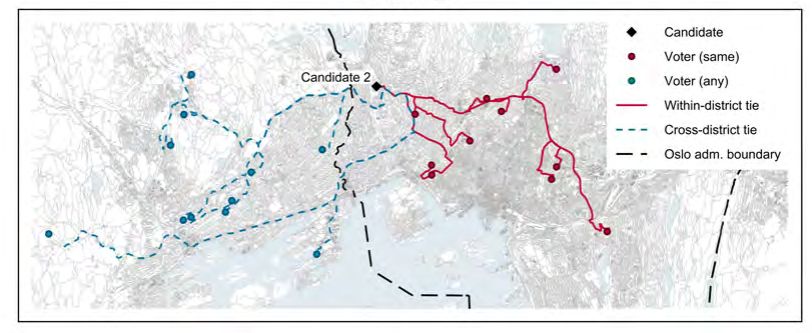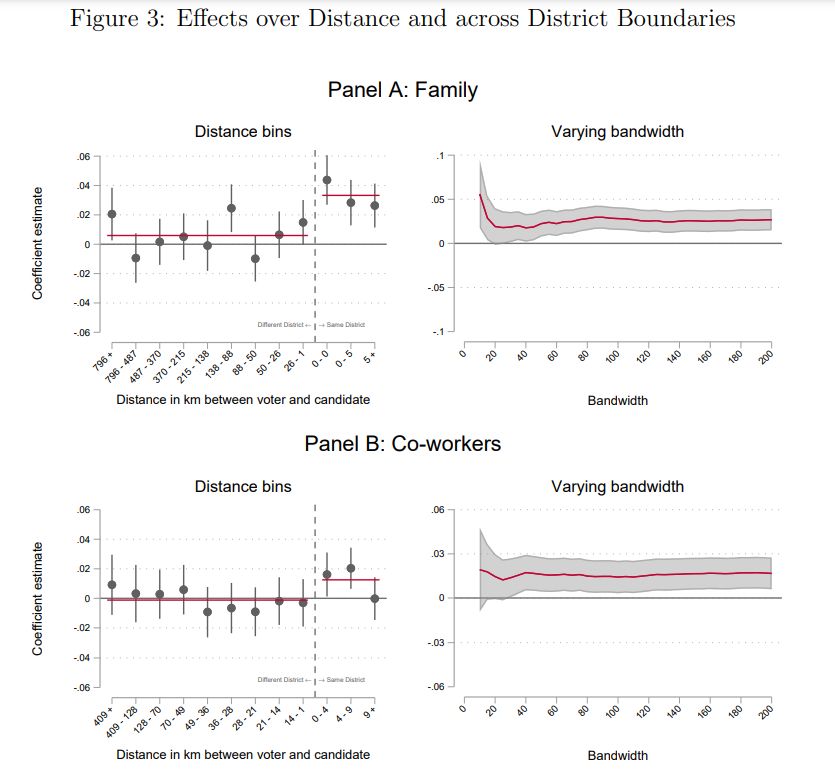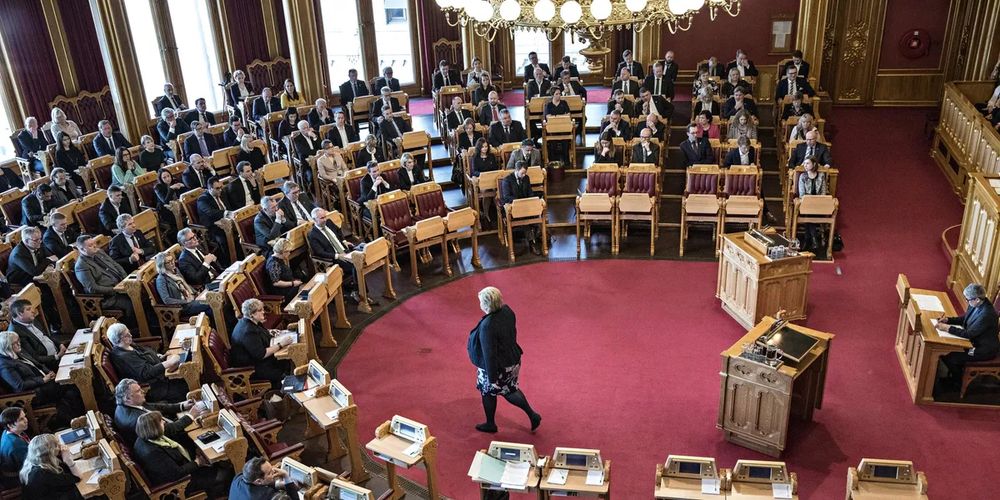www.maxemilking.com
In a new working paper, I find they don’t. 🧵1/10
In a new working paper, I find they don’t. 🧵1/10

Full replication text here: www.econstor.eu/handle/10419...
Full replication text here: www.econstor.eu/handle/10419...
Main supervisor @agneman.bsky.social
www.jobbnorge.no/en/available...

Main supervisor @agneman.bsky.social
www.jobbnorge.no/en/available...
I’ve been collecting historical data on the gender turnout and preference gaps after suffrage using old ass books…
I’ve been collecting historical data on the gender turnout and preference gaps after suffrage using old ass books…
www.aftenposten.no/meninger/deb...

www.aftenposten.no/meninger/deb...
Bound by Borders: Voter Mobilization Through Social Networks - cup.org/4hlPjCY
- Gary W. Cox, @fiva.no & @maxemilking.bsky.social

Bound by Borders: Voter Mobilization Through Social Networks - cup.org/4hlPjCY
- Gary W. Cox, @fiva.no & @maxemilking.bsky.social
www.sv.uio.no/econ/english...

www.sv.uio.no/econ/english...
Let me know if you want to be added to the list.
Inspired by @jansauermann.bsky.social and @hhsievertsen.bsky.social with the Swedish and Danish lists and the thread by @ginapieters.bsky.social
#EconSky 📉📈
Let me know if you want to be added to the list.
Inspired by @jansauermann.bsky.social and @hhsievertsen.bsky.social with the Swedish and Danish lists and the thread by @ginapieters.bsky.social
#EconSky 📉📈

New CESifo wp. with Gary Cox and @maxemilking.bsky.social
www.cesifo.org/en/publicati...



New CESifo wp. with Gary Cox and @maxemilking.bsky.social
www.cesifo.org/en/publicati...





